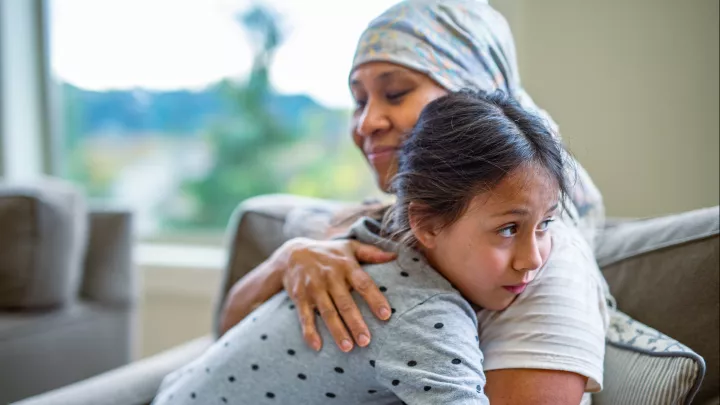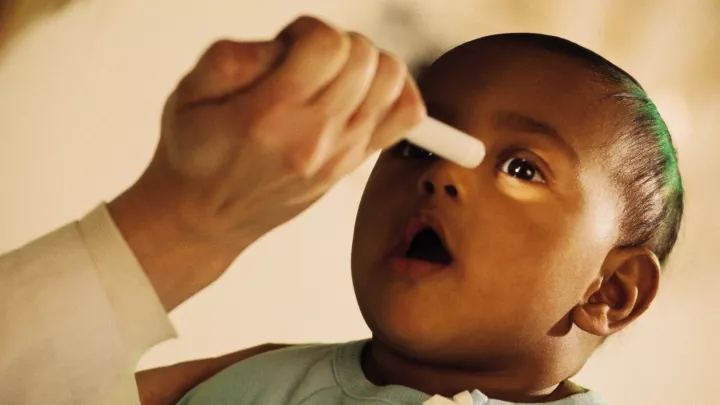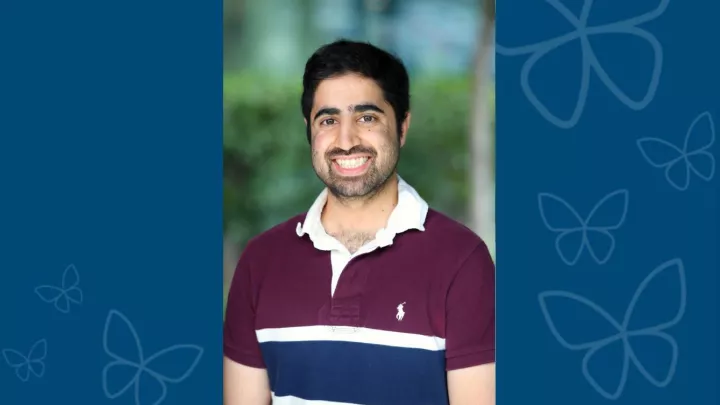Survivorship and Supportive Care Program
At Children’s Hospital Los Angeles, we don’t wait to start delivering services that improve your child’s quality of life. We offer comprehensive supportive care services that promote healing and peace of mind right from the start of your child’s care journey. And our cancer survivor services help maintain a sense of well-being for the long run.
Cancer Survivorship and Supportive Care: Why Choose Us
CHLA’s Cancer and Blood Disease Institute is one of the world’s top pediatric programs. We combine world-renowned expertise with leading therapies to help children with the most complex conditions survive and thrive. Supportive care and survivorship services are an extension of our commitment to exceptional care for young people.
At CHLA, your child benefits from:
- Holistic care: Medical treatment is one part of your child’s care plan. But we also provide services to address your child’s emotional needs and quality of life. These services, such as psychology care, medical supportive therapies and Child Life programs, help improve your child’s overall well-being.
- Age-appropriate services: Babies, young children and adolescents have different support needs. We offer a wide range of services to support children at every age. From play-based therapy to school support to help transitioning to adult care, we’re here to support your child and family.
- Survivorship program: Cancer and cancer treatments can sometimes cause long-term health problems. We monitor your child for these late effects or any signs of a relapse or new cancer. If your child develops symptoms, we can treat them early, which significantly improves outcomes.
- Team approach: Specialists within our Survivorship and Supportive Care Program work closely with cancer and blood disorder experts to coordinate care. Our team approach makes it easier for children to receive the best services for their medical and emotional needs and stage of recovery.
Our Survivorship and Supportive Care Services
Cancer survivorship and supportive care services at CHLA improve wellness in children and young adults with cancer and blood diseases. Our offerings include:
Adolescent and Young Adult Cancer and Blood Disease Service
We address the unique needs of adolescents and young adults who have cancer and are between the ages of 13 and 21. Services include specialized psychosocial support and fertility preservation. Our partnership with USC Norris Comprehensive Cancer Center makes it easy for adolescents to access adult specialists when appropriate. Find out more about our Adolescent and Young Adult Cancer and Blood Disease Service.
HOPE Behavioral Health, Neuropsychology and Education Service
This service provides patients and their families with a broad range of services to help ensure that children, adolescents and young adults continue to develop and thrive. Psychology services address the behavioral, emotional and developmental needs of patients while they are receiving treatment for their illness. Neuropsychology services address the various cognitive, social-emotional and behavioral side effects our patients face from diagnosis to survivorship. Health education specialists enable parents to make informed care decisions. And school reentry services support children in resuming their studies.
Learn more about the HOPE Behavioral Health, Neuropsychology and Education Service.
LIFE Cancer Survivorship and Transition Service
This service provides comprehensive medical care and support to survivors of childhood and adolescent cancer. Young adults receive preventive care, screenings, and support from a team that specializes in maximizing cancer survivors’ wellness. Read more about the LIFE Cancer Survivorship and Transition Service.
PASSAGES Transition Program
This program helps teens and young adults with blood disorders prepare to transition from pediatric to adult care. Teens learn how to make informed health decisions and take responsibility for managing their own care. We offer resources, support and documentation teens can bring to their new doctors. Learn more about the PASSAGES Transition Program.
Medical Supportive Care Service
We offer an array of treatments and strategies to improve well-being and quality of life. Our services help prevent, reduce or relieve serious side effects of cancer treatment. Get more information about our Medical Supportive Care Service.
Cancer and Blood Disease Care at Children’s Hospital Los Angeles
At Children’s Hospital, your child has access to innovative treatments and leading-edge care. Learn more about our Cancer and Blood Disease Institute.
Contact us
The Cancer and Blood Disease Institute welcomes new patients, referrals and second opinions. Please call us to make an appointment.
- Existing patients: 323-361-4624
- New patients, referrals and second opinions: 323-361-4100


